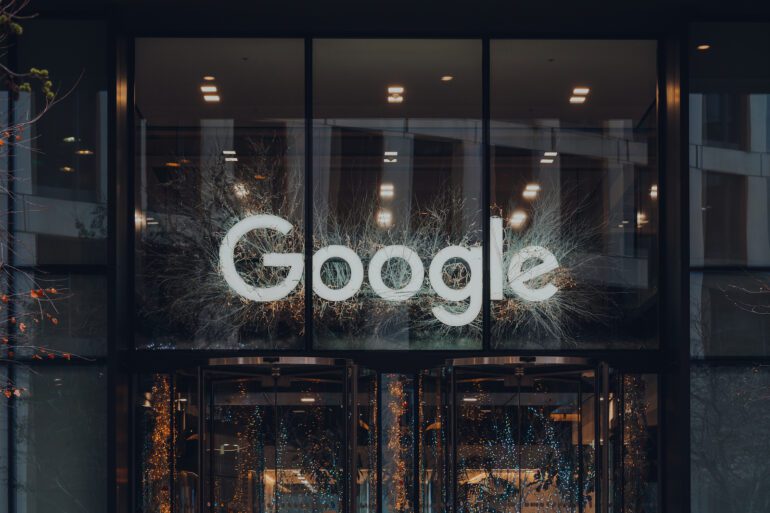TL;DR:
- Google plans to expand its Machine Learning Bootcamp in Korea, accommodating 500 participants this year.
- A new “digital skilling program” will be introduced, offering AI education to non-professionals without relevant degrees or job experience.
- Google has selected seven outstanding AI researchers in Korea to support research projects on optimizing machine learning models.
- The Korean version of Bard will be upgraded to include image search, aligning with Naver Corp.’s upcoming chatbot service, “Cue.”
- Yossi Matias emphasizes the value of collaboration in AI and Google’s commitment to partnerships.
- Naver Corp. is preparing to launch its own LLM, “HyperCLOVA X,” next month.
Main AI News:
In a recent event, Google made significant announcements regarding its partnership for the advancement of AI in Korea. The tech giant is determined to strengthen its presence and influence in the country, unveiling a range of initiatives aimed at fostering collaboration and empowering individuals with AI-related skills and opportunities.
One of the key initiatives entails a substantial expansion of Google’s Machine Learning Bootcamp in Korea. This year, the program is set to accommodate an impressive number of 500 participants, more than double the count from the previous year. Through this bootcamp, Google facilitates the connection between university students and seasoned developers, enabling invaluable training and potential employment prospects.
Moreover, Google plans to introduce a groundbreaking “digital skilling program” in Korea, tailored for non-professionals lacking relevant degrees or job experience. Previously only available overseas, this program aims to democratize access to AI education and empower individuals from various backgrounds to harness the transformative power of technology. By equipping them with essential skills, Google aspires to unlock new opportunities and bridge the gap in the AI talent landscape.
In an effort to support local AI research endeavors, Google has also handpicked seven exceptional AI researchers in Korea. These researchers will receive comprehensive backing from Google to further their projects, with a focus on optimizing machine learning models. By investing in the country’s research community, Google aims to foster innovation and drive advancements that will have a positive impact on both local and global scales.
Another significant development unveiled by Google at the event is its plan to enhance the functionality of the Korean version of Bard. This upgrade will introduce image search capabilities to the popular platform, aligning it with the upcoming next-generation search chatbot service, “Cue,” by Naver Corp. This move reflects Google’s commitment to continuously improve user experience and cater to the evolving needs and preferences of Korean users.
Highlighting the collaborative nature of AI, Yossi Matias, Google’s Vice President of Engineering & Research, emphasized that the involvement of multiple actors creates more value and opportunities. He stressed the importance of collaboration in driving the field forward, reinforcing Google’s commitment to fostering partnerships and working hand-in-hand with various stakeholders.
Meanwhile, Naver Corp., a leading IT company in Korea, is preparing to launch its own Language Model (LLM), named “HyperCLOVA X,” next month. This move indicates Naver’s determination to remain competitive in the AI landscape and solidify the country’s AI sovereignty. As Google strengthens its ties with the Ministry of Science and ICT, some industry insiders view it as a potential threat to Korean IT companies. They believe that Naver, in particular, cannot afford to overlook Google’s assertive strides in the field, as it plays a pivotal role in shaping the nation’s AI landscape.
Conclusion:
Google’s strategic initiatives in Korea signify a collaborative approach to the market. By expanding educational programs and empowering individuals with AI skills, Google aims to foster a talent pool and bridge the skills gap. The support for local AI researchers and the integration of image search capabilities demonstrate Google’s commitment to enhancing user experience and remaining competitive in the market. This development could potentially create a more vibrant and innovative AI ecosystem in Korea, stimulating growth and further establishing the country’s position in the global AI landscape.

